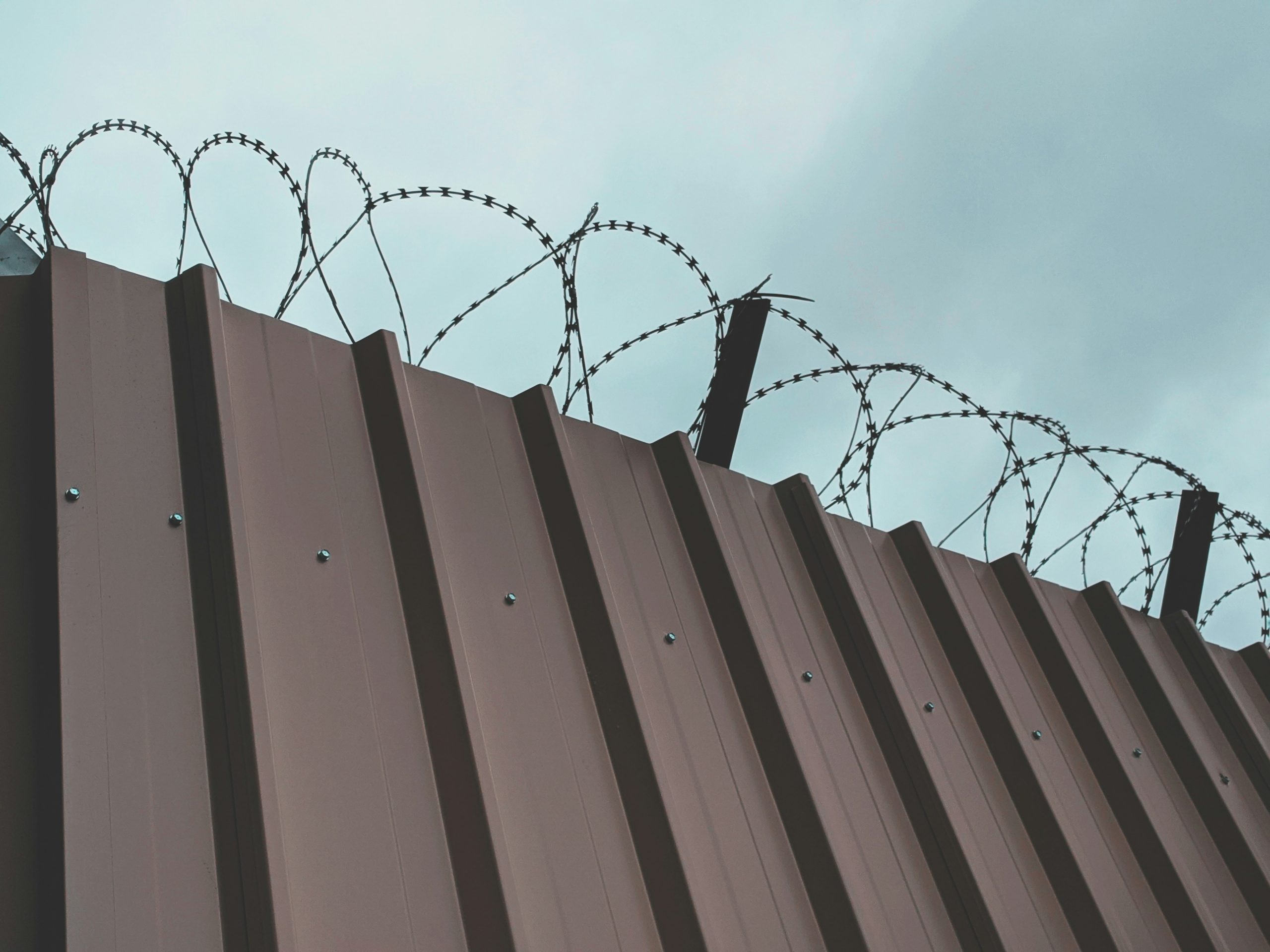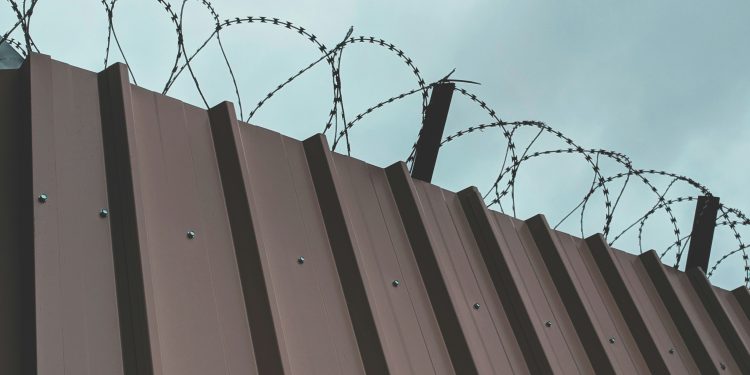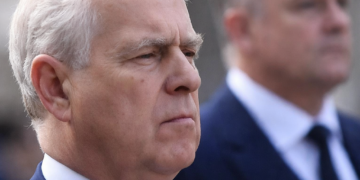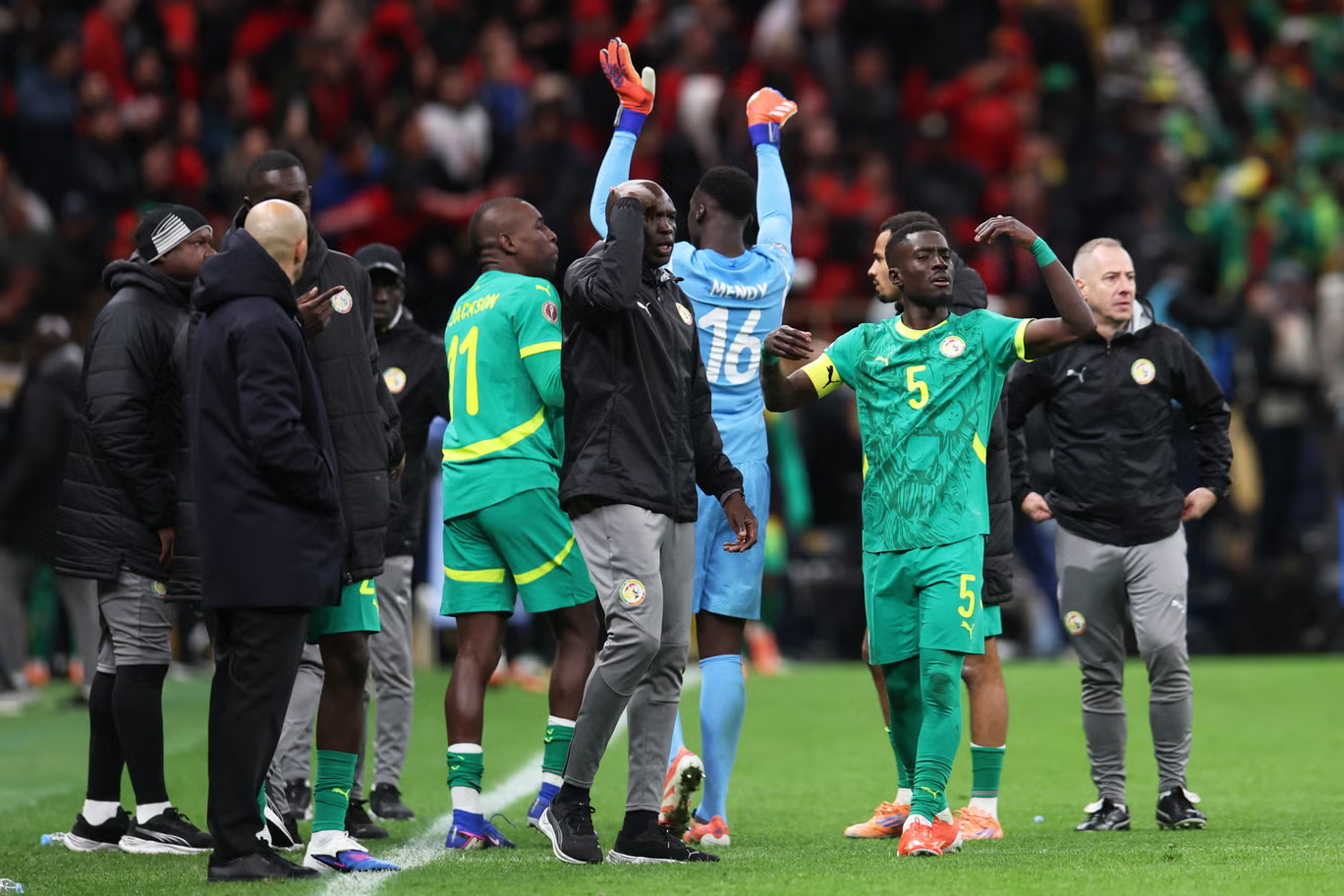The US has made the decision to deport Palestinian activist Mahmoud Khalil. Judge Jamee Comans’ ruling, which claims Khalil “willfully misrepresented” information on his green card application, is the latest front in a sustained and aggressive campaign by the Trump administration to silence and punish pro-Palestinian voices.
Critics have said that is a clear case of a legal pretext being used to achieve a political objective (which is to remove a prominent activist from the country), thereby sending a chilling message to others.
The legal claims against Khalil (that he omitted his involvement with a UN agency and a British Embassy) are being used as a convenient excuse. This isn’t the first time the government has tried to deport him. The Trump administration initially made attempts to use a rarely invoked law allowing for the deportation of non-citizens whose presence is deemed a threat to foreign policy.

But a federal judge blocked that effort, deeming it “likely unconstitutional” and a violation of free speech. The pivot to a more mundane immigration charge of green card fraud demonstrates a relentless pursuit of a political target. The fact that the judge’s ruling comes despite a separate federal court order prohibiting Khalil’s deportation while his lawsuit against the government proceeds highlights a disturbing trend.
Immigration courts, which fall under the executive branch, are being used as a tool to bypass constitutional protections. The Mahmoud Khalil deportation case is a test of whether the U.S. will uphold the right to free speech for all, or if it will allow political opposition to be criminalized under the guise of an immigration violation.
Why It Matters
The future of American democracy and the right to protest hinges on a forceful defense of individuals like Mahmoud Khalil. The government’s actions are not just an attack on him; they are a threat to every foreign-born activist, student, and resident in the United States.
Khalil’s legal team should continue to fight this battle in federal court. The ongoing federal court order is the most significant barrier to his deportation. His lawyers should argue that the immigration judge’s ruling is the latest evidence of the government’s retaliatory and malicious intent.
The goal is to prove that the charges of misrepresentation are not legitimate, but a manufactured pretext to silence his political speech. This is a critical challenge to the government’s attempt to use the immigration system to circumvent constitutional protections.
Civil liberties and human rights organizations can lend their voice to this case as well, along with the public. The government’s actions rely on secrecy and public indifference. By making this a high-profile case about the right to protest in America, activists can expose the government’s tactics and rally public support. Without a powerful and coordinated response, the Trump administration will be emboldened to continue its crackdown on pro-Palestinian and other student activists, creating a chilling effect that will stifle political debate for years to come.

















